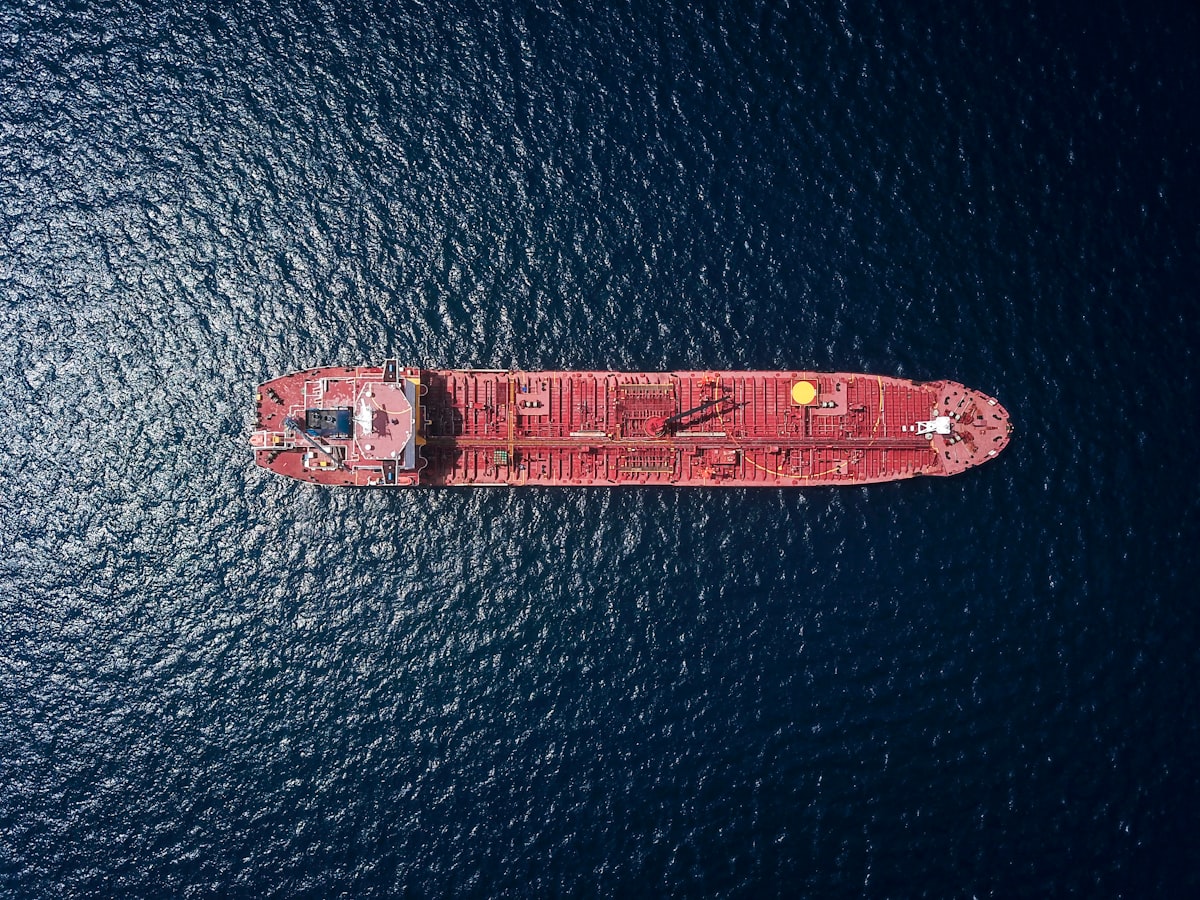The outsized role of commodity traders in geopolitics

Over the past couple of decades, large scale geopolitical events might have been the result of decisions made in tiny, sleepy, Swiss towns, rather than on the battlefield, or in capitals around the world.
In the first half of 2011, Libya, on the southern coast of the Mediterranean, was undergoing its own Arab Spring. Armed rebels had just taken Benghazi, the second-biggest city, but they lacked fuel for military trucks in order to continue their journey towards the capital. They approached Vitol, a Geneva-based energy and commodities trading company that supplies enough oil every day to satisfy the combined needs of Germany, France, Spain, the UK, and Italy.
Following a short visit to the war-ravaged country, the CEO of Vitol agreed to buy oil from the rebels, handle the delivery of fuel for their trucks, and extend them lines of credit. Vitol's political connections in Washington and London helped make the transaction as easy as possible, despite the international sanctions placed on oil exported out of the country at the time.
The agreement was a turning point for the war. The rebels immediately took over a number of towns and even cornered Gaddafi himself a few months later, leading to the end of the first revolution.
This is one of the examples mentioned in the book, 'The World for Sale: Money, Power, and the Traders Who Barter the Earth's Resources', which examines how commodity traders use their control over the flow of goods and resources, to shape the global market and influence international relations, and how this impacts the environment, human rights, and global inequality.
Commodity traders play a significant role in influencing geopolitics, because the prices and availability of commodities, such as oil, gold, and other natural resources, can have a major impact on the political and economic stability of countries. Throughout history, lack of resources and financing brought down empires, and while we routinely hear about the increasing price of commodities such as oil, wheat, or lumber, we rarely hear about those people and the companies that buy, sell and arrange transport for these commodities.
Very often these traders become the decision-makers, sometimes unintentionally, of many geopolitical events. The fall of the USSR, called “the biggest closing-down sale in history" by the authors, ended up being one of the biggest moments in the history of commodity trading. Connections that were made during the Soviet period between traders, politicians. and oligarchs, kept the Russian state alive after 1991.
Even during the current Russian war in Ukraine, commodity traders have been reported to have helped sell billions of dollars worth of crude oil and gas from Russia, despite Western sanctions following the invasion. Trafigura, another multinational commodity trading company, distributed $1.7 billion worth of dividends, following a very successful year, thanks to the volatility of the commodity markets as a result of the Russian war in Ukraine. While it is not known whether this will have a bearing on the war, it certainly helped Russia continue to fund its aggression in Ukraine.
If you're interested in reading more about the world of commodity trading and its impact on geopolitics, you may buy 'The World for Sale: Money, Power, and the Traders Who Barter the Earth's Resources' on Bookshop.org here.